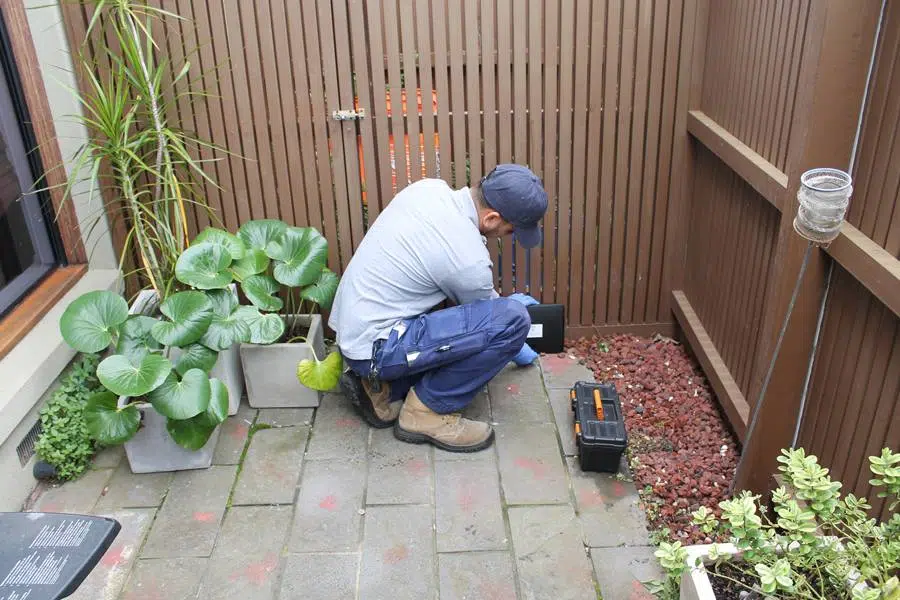In pursuing pest prevention, it's essential to adopt an approach that effectively manages pests and considers the broader impact on the environment and ecosystem. Holistic pest prevention emphasizes a balanced, sustainable approach that integrates natural solutions with targeted control measures. By harmonizing nature and control in your space, you can create a healthier environment while effectively managing pest populations. To know more about 6 Tips for Preventing Pests in Your Environment read here.
One of the cornerstones of holistic pest prevention is promoting biodiversity and ecosystem health. Healthy ecosystems are more resilient to pest outbreaks. They can naturally regulate pest populations through predation, competition, and other ecological mechanisms. By fostering biodiversity in your surroundings, you can create a more balanced ecosystem less susceptible to pest infestations.
To promote biodiversity, incorporate native plants into your landscape design and avoid using chemical pesticides that can harm beneficial insects and wildlife. Native plants provide habitat and food sources for diverse species, including natural predators of pests. By creating a welcoming environment for beneficial insects like ladybugs, lacewings, and predatory beetles, you can support keep pest populations in check without resorting to synthetic chemicals.
In addition to promoting biodiversity, holistic pest prevention focuses on creating conditions less hospitable to pests. This includes implementing cultural practices that reduce pest habitat and limit access to food and water sources. For example, practising proper sanitation, such as keeping food storage areas clean and eliminating standing water, can help deter pests like ants and cockroaches.
Natural deterrents and repellents can also play a role in holistic pest prevention. Certain plants, herbs, and essential oils have been shown to repel pests and discourage them from entering your space. For example, planting aromatic herbs like mint, lavender, and rosemary around your home or garden can help repel mosquitoes, flies, and other insects.
While natural solutions are essential to holistic pest prevention, targeted control measures may still be necessary in some cases. Integrated pest management (IPM) combines multiple biological, cultural, and chemical strategies to manage pests effectively while minimizing environmental impact. When using chemical pesticides, opt for most miniature toxic products to non-target organisms and follow label instructions carefully to reduce risks to human health and the environment.
By embracing holistic pest prevention, you can achieve a balanced and sustainable approach to managing pests in your space. Promoting biodiversity, creating inhospitable conditions for pests, incorporating natural deterrents, and using targeted control measures can strike a harmonious balance between nature and control, creating a healthier and more resilient environment for all.








